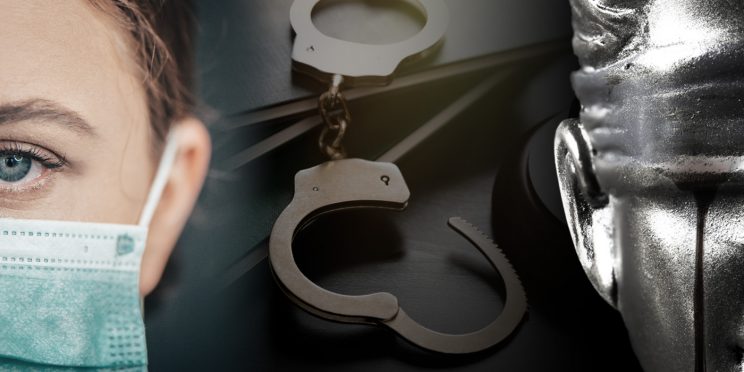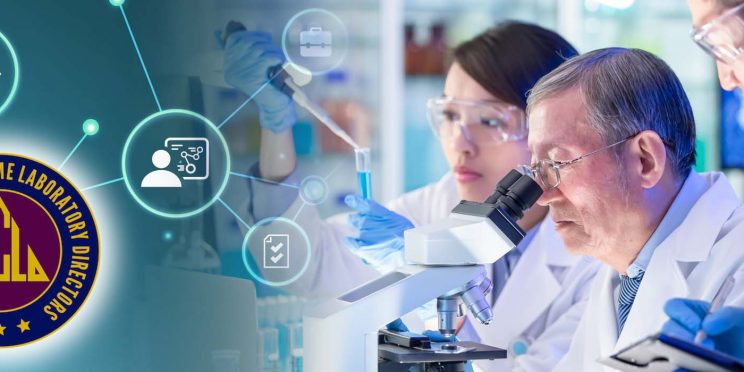 Date
Date
November 2014
Overview
At the request of the National Institute of Justice (NIJ), the Forensic Technology Center of Excellence (FTCOE) coordinated a comprehensive Federal effort to organize and transfer knowledge and best practices of sexual assault nurse examiners, sexual assault forensic examiners, and collaborative sexual assault response teams (SANE/SAFE/SART). This FTCOE effort focused on systemic challenges that impede the investigation of criminal sexual assaults in the United States, with goals that include creating an awareness of resources and ensuring that existing research, information, knowledge, and best practices are available and accessible to SANE/SAFE/SART and other practitioners who contribute to the nation’s response to sexual assault. NIJ has an extensive record of successfully coordinating with stakeholders to develop best practices in various facets of sexual assault investigations. Such input from stakeholders has been, and will continue to be, instrumental in addressing the challenges associated with untested sexual assault kits stored as evidence in the United States.
To accomplish this effort, the FTCOE conducted four key tasks:
Task 1: Assess the status of SANE/SAFE/SART education and best practices | Jan-May 2014
In order to meet the proposed objectives of this project, the project team conducted a literature review of current trends and practices within the SANE/SAFE/SART community when conducting sexual assault investigations. Although the review was very comprehensive, it was not intended to be exhaustive; rather, the objective of the literature review was to identify key emerging technologies, techniques, and trends. After conducting the literature review and vetting the key findings with the project’s four consultants, the following four focus areas were identified as the most emerging topics with training and knowledge transfer gaps:
Evidence Collection
Evidence Analysis
Evidence Management
Victim-Centric Care
Task 2: Federal Stakeholder Meeting | May 14, 2014
The FTCOE convened a federal stakeholder meeting entitled, “Organizing and Transferring SANE/SAFE/SART Knowledge and Best Practices” at the RTI International location in Washington, DC. This meeting brought together various individuals from federal agencies which are dedicated to the development, advancement and implementation of practices and policies which primarily address the response to sexual assault in the nation. The primary objectives of these discussions were to conduct an educational assessment of SANE/SAFE/SART training programs in order to gather input on identified disparities in knowledge transfer, research, training and policies. Click here to view the archived content.
Task 3: Practitioner Stakeholder Meeting | July 14, 2014
The FTCOE convened a practitioner stakeholder meeting entitled, “Organizing and Transferring SANE/SAFE/SART Knowledge and Best Practices” at the RTI International located in Research Triangle Park, NC. This meeting brought together sexual assault response researchers, practitioners and stakeholders from across the nation to develop a landscape analysis of the best practices in sexual assault response and training curricula. The primary objectives of these discussions were to create awareness of the availability of proven best practices, to identify areas which lack a best practice in order to initiate the development of a best practice to further establish a system of outreach, dissemination, education and knowledge transfer of best practices for the response to sexual assaults. Click here to view the archived content.
Task 4: Policy and Practices Forum | September 18, 2014
This forum focused on emerging techniques and developments associated with evidence collection training; evidence analysis utilizing Y-STR capabilities; victim-centric care approaches (e.g., understanding the neurobiology of the victim in sexual assault; the emerging practice of telehealth); and key factors that are essential to policy change. Forum presentations discussed development of best practices for resolving issues related to sexual assault, and will showcase emerging technologies associated with the collection and analysis of sexual assault evidence. Forum presenters included researchers, practitioners, and stakeholders who are thoroughly involved in the development and implementation of policies that address these topics. Click here to view the archived content.
Project Team
Consultants
Patricia Speck, DNSc, APRN, FNP-BC, DF-IAFN, FAAFS, FAAN
University of Alabama, Birmingham, School of Nursing in the Department of Family, Community and Health-Systems
Eileen Allen, MSN, RN, FN- CSA, SANE-A, SANE-P
Office of the Monmouth County (NJ) Prosecutor, SANE Program Coordination
Diana Faugno MSN, RN, CPN, SANE-A, SANE-P, FAAFS, DF-IAFN
Eisenhower Medical Center, and Barbara Sinatra Children’s Center
L. Kathleen Sekula, PhD
Duquesne University
RTI International Staff
Jeri Ropero Miller, PhD, F-ABFT
Center for Forensic Sciences
Patricia Melton, PhD
Center for Forensic Sciences
Crystal Daye, MPA
Center for Justice Safety and Resilience
Olivia Rice
Education and Workforce Development Group
Funding for this Forensic Technology Center of Excellence report was provided by the National Institute of Justice, Office of Justice Programs, U.S. Department of Justice.
The opinions, findings, and conclusions or recommendations expressed in this report are those of the author(s) and do not necessarily reflect those of the U.S. Department of Justice.
Contact us at ForensicCOE@rti.org with any questions and subscribe to our newsletter for notifications.





